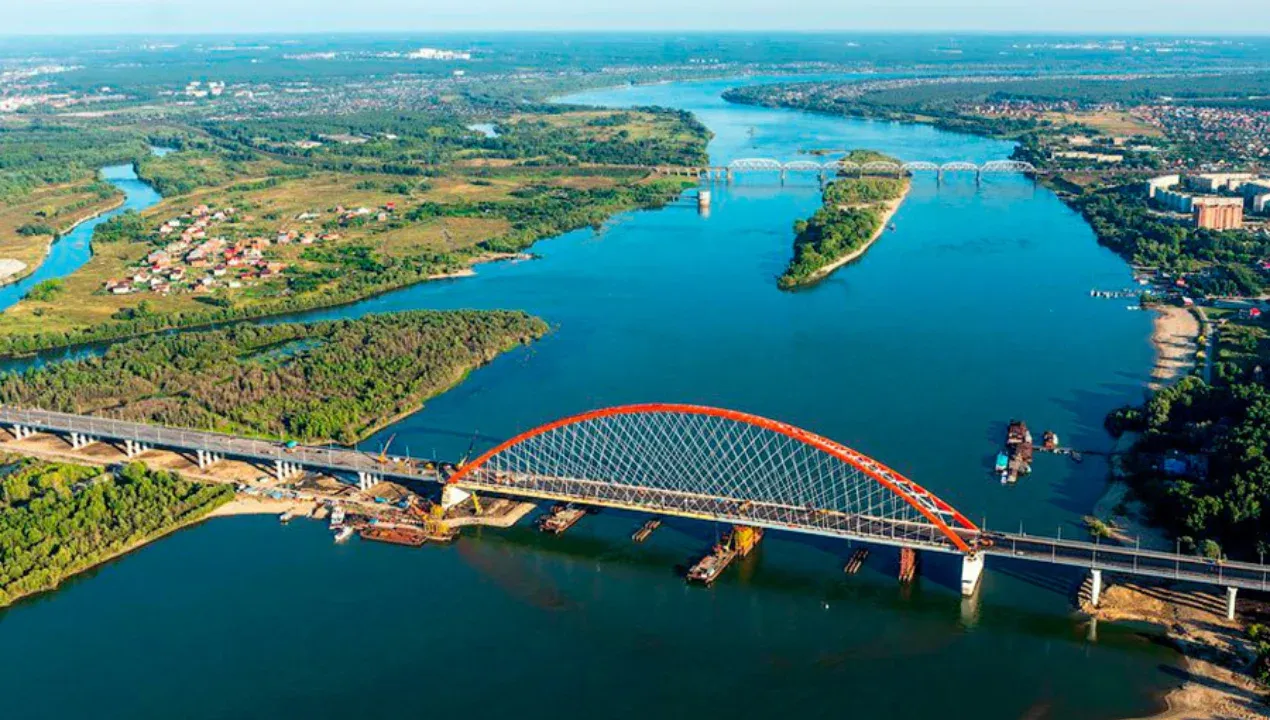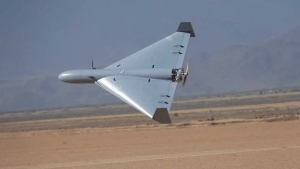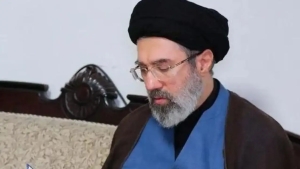The Ob River Water Diversion Project to Uzbekistan is being reconsidered

The Russian Academy of Sciences is reconsidering a massive project that had been stalled for many years. This was reported by Zamin.uz.
The discussion concerns redirecting part of the Ob river's water to Central Asia, including Uzbekistan. The main goal of this initiative is to mitigate the increasing water scarcity, desertification risks, and socio-economic problems in the region.
The “Diverting Siberian Rivers” project, proposed during the Cold War era, is being reviewed based on modern technologies. While water delivery was previously planned through open channels, it is now proposed to use a modern closed pressurized pipeline system.
At the recent meeting of the Russian Academy of Sciences, the strategy, risks, and opportunities related to this project were thoroughly discussed. Scientists emphasized the need for in-depth analysis of transboundary water distribution, the impact of climate change, and the effects on the development of Central Asian countries.
Two main scenarios for implementing the project were discussed. The first scenario proposes directing the Ob river water to the Aral Sea region at the Kazakhstan-Uzbekistan border.
The second scenario involves transferring water from the Pechora and Northern Dvina rivers to the Volga basin. According to researchers, such hydraulic projects could positively affect the water balance between Russia and Central Asia.
One concept of the project suggests constructing a 2,100-kilometer-long closed pressurized pipeline system. Calculations indicate that in the first phase, the project could deliver 5.5 billion cubic meters of water annually.
There is also the possibility to multiply this volume several times as demand increases. However, the project requires a very large investment.
According to experts' calculations, the project’s cost is at least 100 billion dollars and its implementation would take nearly ten years. It is also worth noting that during the USSR era, the project to redirect Siberian waters to Central Asia was discussed for a long time but was halted in 1986 as economically unfeasible.
Currently, due to climate change, decreasing water resources, and ecological problems in the Aral Sea region, this project is back on the agenda. Scientists stress the necessity of conducting extensive scientific research to determine whether the project is practical or not.







